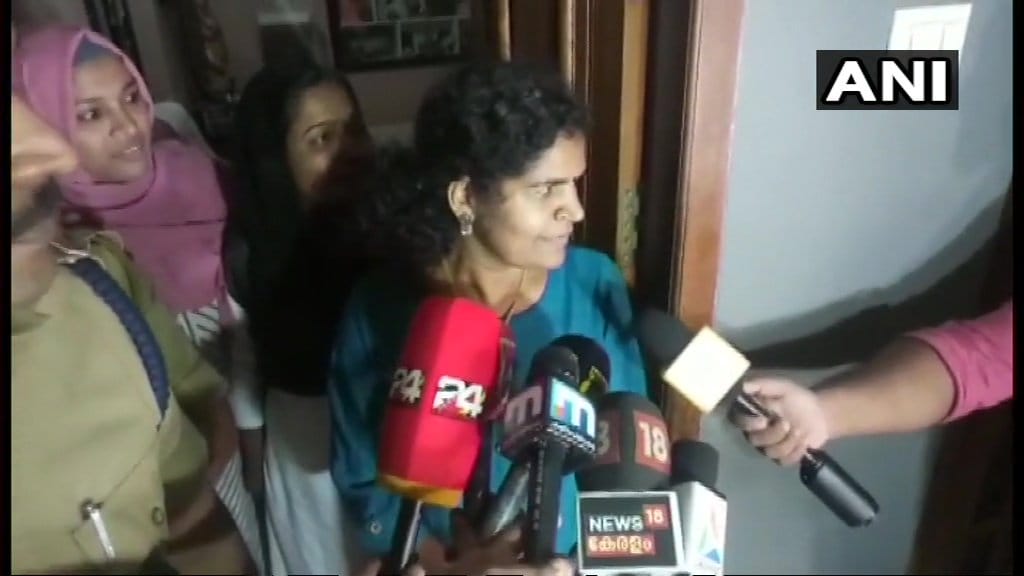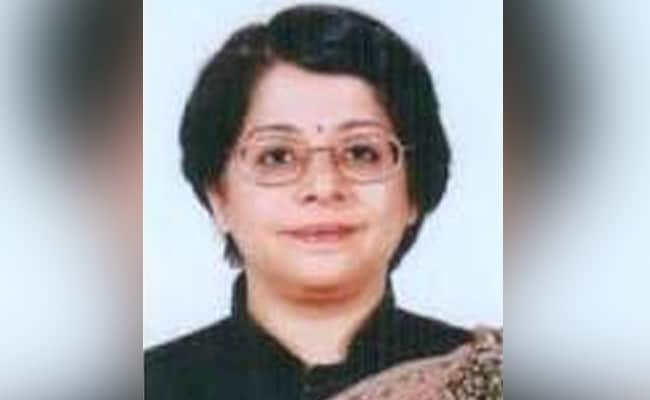Four months after it allowed women of reproductive age entry into the Sabarimala temple, the Supreme Court today heard review petitions challenging its September verdict. After the hearing, a five-judge constitution bench led by Chief Justice Ranjan Gogoi reserved the verdict in 65 petitions including 56 review petitions and 4 fresh writ petitions in the Sabarimala temple case.
In a U-turn, the board controlling the Sabarimala temple told the Supreme Court today that it supports the entry of women of all ages at Kerala's famous hill shrine. The board is controlled by the Kerala government, which has opposed any review of the top court's September order that opened the temple doors to women between the ages of 10 and 50 and set off a huge backlash.
The annual pilgrimage season saw violent protests recently as devotees of Lord Ayyappa, the celibate god, tried to stop women and girls between the ages of 10 and 50 years from entering the shrine.
One of the two women who eventually managed to enter the temple in January was even attacked allegedly by her mother-in-law.
The issue has also triggered a political slugfest between Kerala's CPM and the opposition parties, including the BJP and the Congress.
Here are the Highlights on the Sabarimala temple verdict in the Supreme Court:
- Several organisations including the Nair Service Society and the Thantri of the Sabarimala temple, have advanced arguments before the bench and sought reconsideration of the verdict.
- Senior advocate K Parasaran, appearing for the NSS, assailed the majority verdict, saying Article 15 of the Constitution throws open for all public the secular institutions of the country but it doesn''t deal with religious institutions.
- The article "throws open all public institutions of secular character for all classes of citizens but the article conspicuously omits religious institutions", he told the bench.
- Senior advocate Jaideep Gupta, who is appearing for the Kerala government, told the bench that there was a consensus among the four judges who delivered the majority judgment on three aspects, i.e., Article 26, 25 (2) and rule 3 (b) of the Kerala Act.
- Advocate Gupta said in none of the review petitions questions have been raised regarding these three points and therefore other aspects "raised in the review petition will make no difference".
- The arguments by those who have filed the review petition that certain submissions were not considered in the judgment or were not advanced is not a ground for re-examining the verdict, the advocate.

- Religion is a matter of faith
- Particular segment of Hindu community believed it
- Only community can decide the custom and not the court
- We all saw on TV how social peace in Kerala was disturbed due to the judgment
- As long as the community decides not to change the practice SC can't intervene
- Lord Ayyappa has special character - Celibate
- The character of the Deity has to be protected
- Devotees go to Sabrimala can't question the customs and have to accept it
- None of the petitioners who moved Supreme Court didn't say they are devotees
- Exclusionary practice is in consonance with the character of the Deity
- Untouchability has nothing to do with custom


